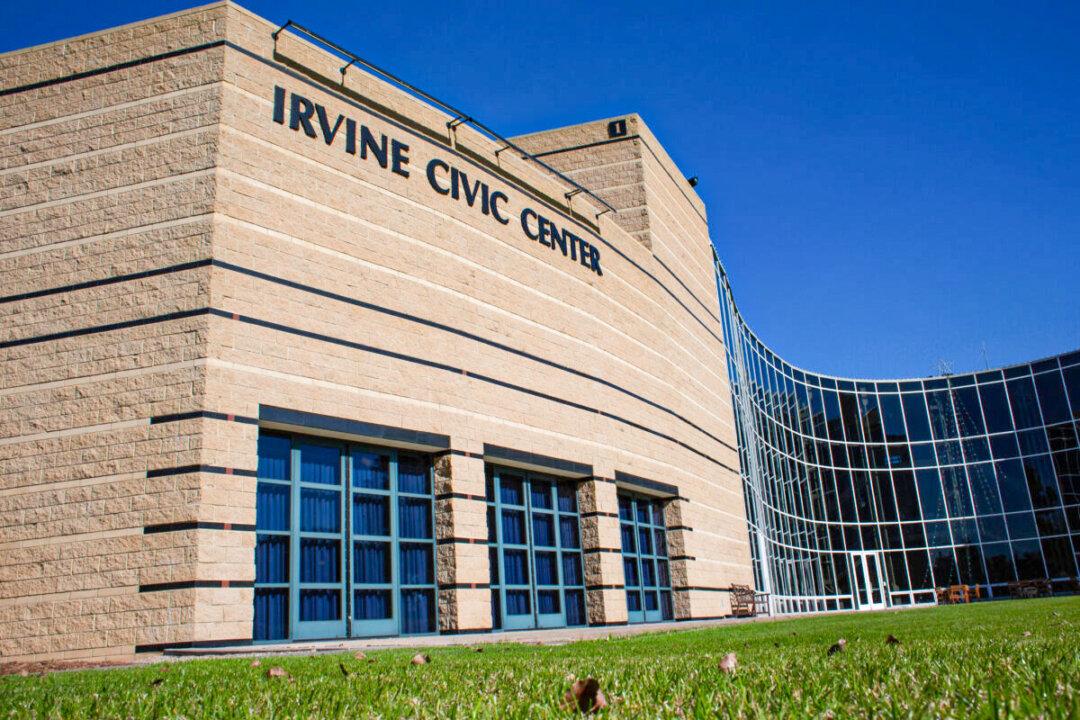The Irvine City Council will consider withdrawing from the Orange County Power Authority (OCPA) Dec. 29.
The special meeting was agendized by City Councilors Mike Carroll, Larry Agran, and Kathleen Treseder and comes shortly after the Orange County Board of Supervisors’ decision to withdraw from the agency Dec. 20.





